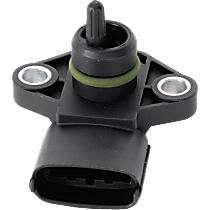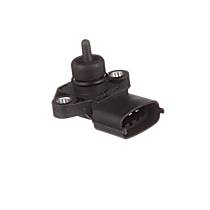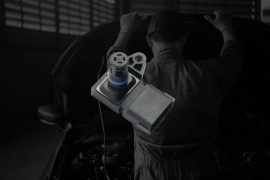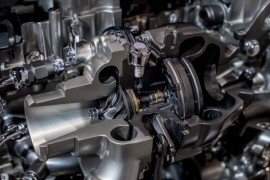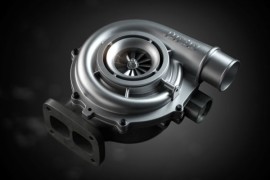{
"lazyNodes": false,
"abFitnotesFlag": false,
"abCrawlReviews": false,
"productOptionsCookie": false,
"orderDelayFlag": false,
"skipSessionCookie": false,
"covidMessage": false,
"fullTitleCookie": false,
"nrLoggerCookie": false,
"checkoutReviewCookie": false,
"productOptionSeqCookie": false,
"maintenanceFlag": false,
"bufferETACookie": false,
"multiShippingDiscountFlag": false,
"newFitmentFlag": false,
"surveyOptInFlag": false,
"crossSellFlag": false,
"skuMappingFlag": false,
"paySplitCookie": false,
"callDisableFlag": false,
"zipPaymentFlag": "u",
"hassleFreeReturn": false,
"lifetimeReplacement": false,
"cpn_off": false
}Need Help? Call Us1-866-529-0412
Select your vehicle
Kia Forte Koup Turbocharger Boost Sensors
Refine by:
Shop Catalog
Showing 1 - 2 of 2 results
Sort by:
Part Number: RH32270002
Vehicle Info Required to Guarantee Fit
$10.00
Product Details
Prop 65 Warning :
![]() WARNING: This product can expose you to chemicals including Phthalates, which is known to the State of California to cause cancer and birth defects or other reproductive harm. For more information go to www.P65Warnings.ca.gov.
WARNING: This product can expose you to chemicals including Phthalates, which is known to the State of California to cause cancer and birth defects or other reproductive harm. For more information go to www.P65Warnings.ca.gov.
Part Number: SIAS451
Vehicle Info Required to Guarantee Fit
$53.99
Product Details
Prop 65 Warning :
![]() WARNING: This product can expose you to chemical which is known to the State of California to cause cancer and birth defects or other reproductive harm. For more information go to www.P65Warnings.ca.gov.
WARNING: This product can expose you to chemical which is known to the State of California to cause cancer and birth defects or other reproductive harm. For more information go to www.P65Warnings.ca.gov.
Page 1 of 1 | Showing 1 - 2 of 2 results
Top Rated Products
Popular Products
Product Questions & Answers
Q:Is the turbo boost sensor the same part as the turbo boost control sensor? Show Less
Tonyy
A:BEST ANSWERHi Anthony, I'm glad to assist you. While the terms "turbo boost sensor" (MAP, manifold absolute sensor) and "turbo boost control sensor" (also known as wastegate pressure sensor) might seem similar, they refer to different components. If a diagnostic is done, trouble codes P2565, P0238, and P2563 should appear. If you have any of those trouble codes, and if your car appears in the vehicle fitment information below, it is a guaranteed fit part. Click the link below to buy it today while on sale. Happy shopping!
https://www.carparts.com/turbocharger-boost-sensor/standard/sias451?can=cpje1043_CSQA_20240129 Show less
Jeonino E.
1 Question, 1 AnswerView all Q&As >
Helpful Automotive Resources
P0237 Code: Turbocharger / Supercharger Boost Sensor “A” Circuit LowDiagnostic trouble code (DTC) P0237 stands for “Turbocharger/Supercharger Boost Sensor “A” Circuit Low.” This code is logged when the powertrain control module (PCM) detects an incorrect signal from the boost pressure sensor.
P2563 Code: Turbocharger Boost Control Position Sensor Circuit Range / PerformanceA turbocharger boost control position sensor constantly monitors the turbocharger. If the sensor doesn’t send the right signal or sends an abnormal signal to the PCM, the computer will log a P2563 code.
Variable geometry Duramax turbo and vane diagram | Image Source: Richard McCuistian
What Does the P2563 Code Mean?
P0236 Code: Turbocharger / Supercharger Boost Sensor “A” CircuitIn non-turbo engines, the downward motion of the pistons during the intake stroke creates a vacuum in the intake manifold. This vacuum is what draws the air-fuel mixture into the combustion chamber.
